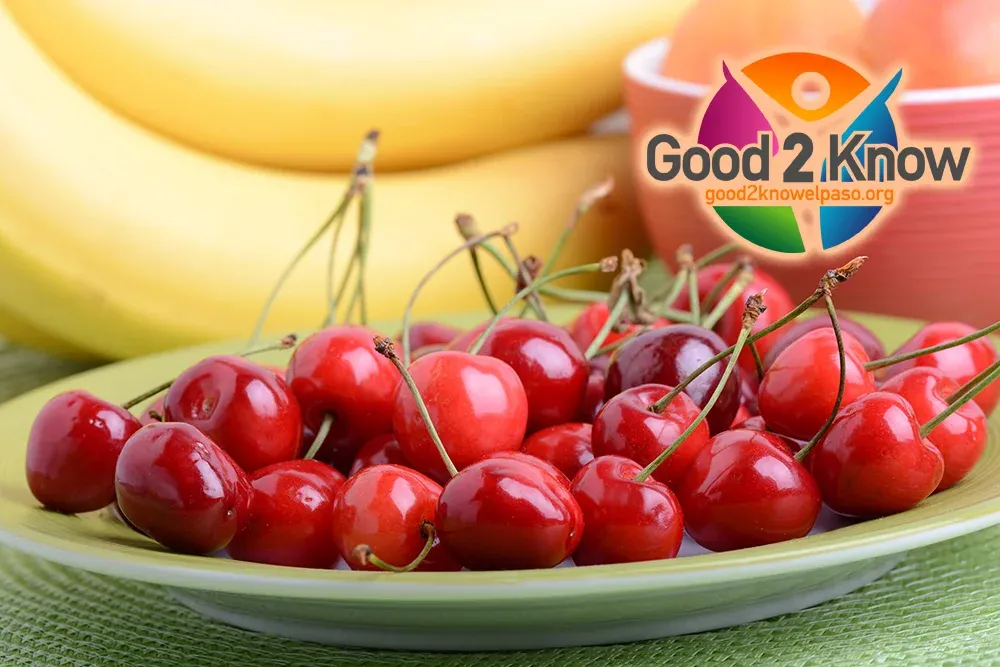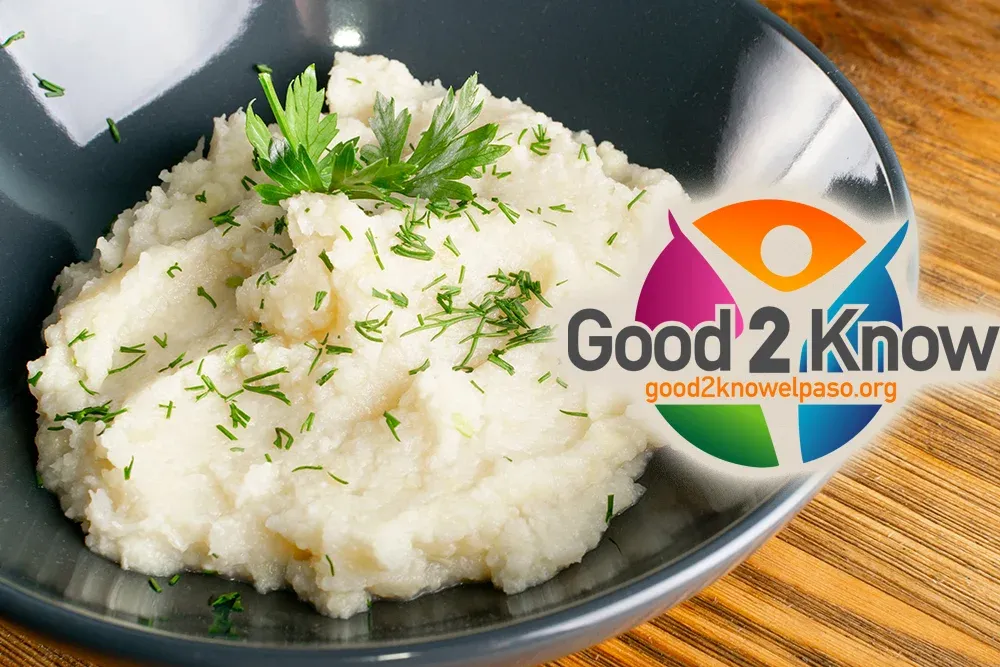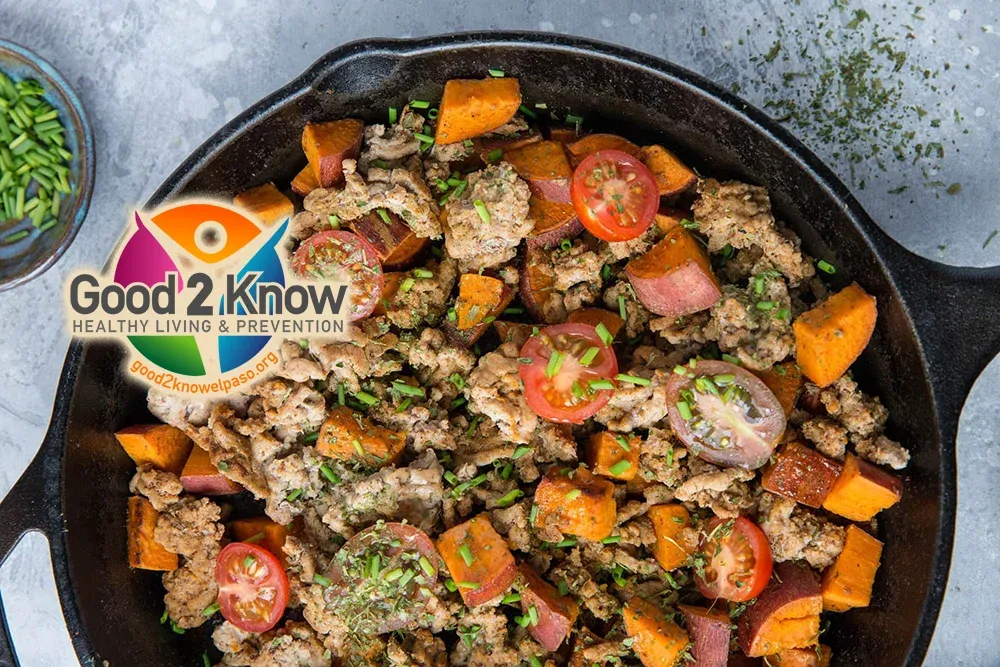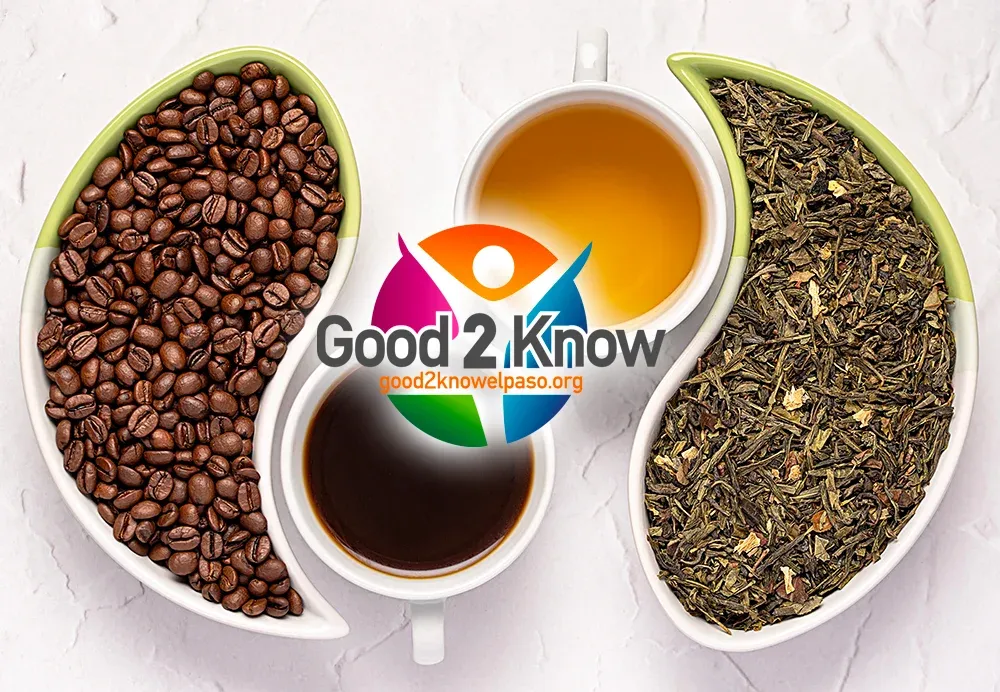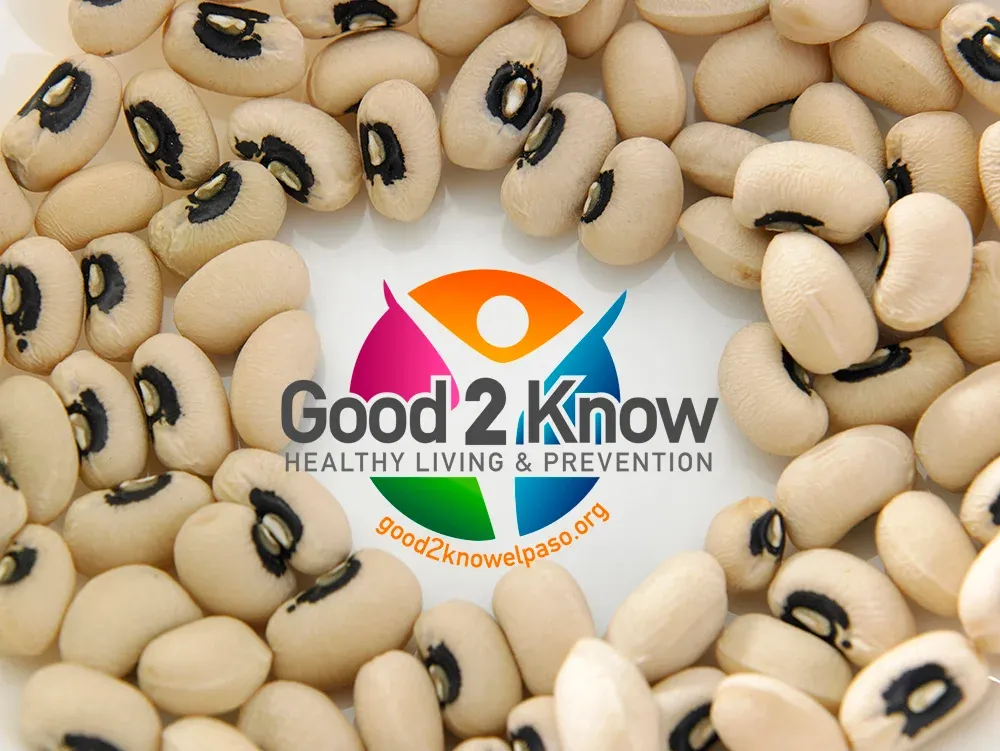While more research is needed, some foods show promise when it comes to helping alleviate allergy symptoms. Foods with Vitamin C seem to offer the most benefits.
A study on the effects of antioxidants in children with allergies found that vitamin C intake was associated with a lower risk of developing allergy symptoms. The participants in the study who increased their vitamin C intake experienced less allergy symptoms, which suggests that increasing vitamin C intake may help you manage your allergies. Foods with a high concentration of vitamin C include:
• Citrus fruits, including oranges, kiwi, lemon and grapefruit
• Bell peppers
• Strawberries
• Tomatoes
• Cruciferous vegetables, including broccoli, Brussels sprouts, cabbage and cauliflower
• White potatoes
Tomatoes are a great anti-inflammatory food as they’re a rich source of lycopene, a powerful antioxidant. Thanks to their lycopene content, tomatoes may improve your antioxidant-related defenses and lower your risk of developing an inflammatory disease. In a study following overweight women, tomato juice was found to reduce their chronic inflammation when compared to the control group. Since allergies are associated with inflammation, tomatoes may make a worthy addition to your diet.
Turmeric, a spice that’s related to ginger, is grown in various Asian countries and used in a lot of Indian cuisine. Turmeric’s active component is called curcumin and it contains many anti-inflammatory properties that may help with a multitude of health problems. In a study on the effectiveness of curcumin at treating allergy symptoms, curcumin was found to improve nasal airflow, reduce sneezing and stuffiness and boost immunity in patients. If you want to add some turmeric to your diet, try a smoothie, curry or golden milk drink.


